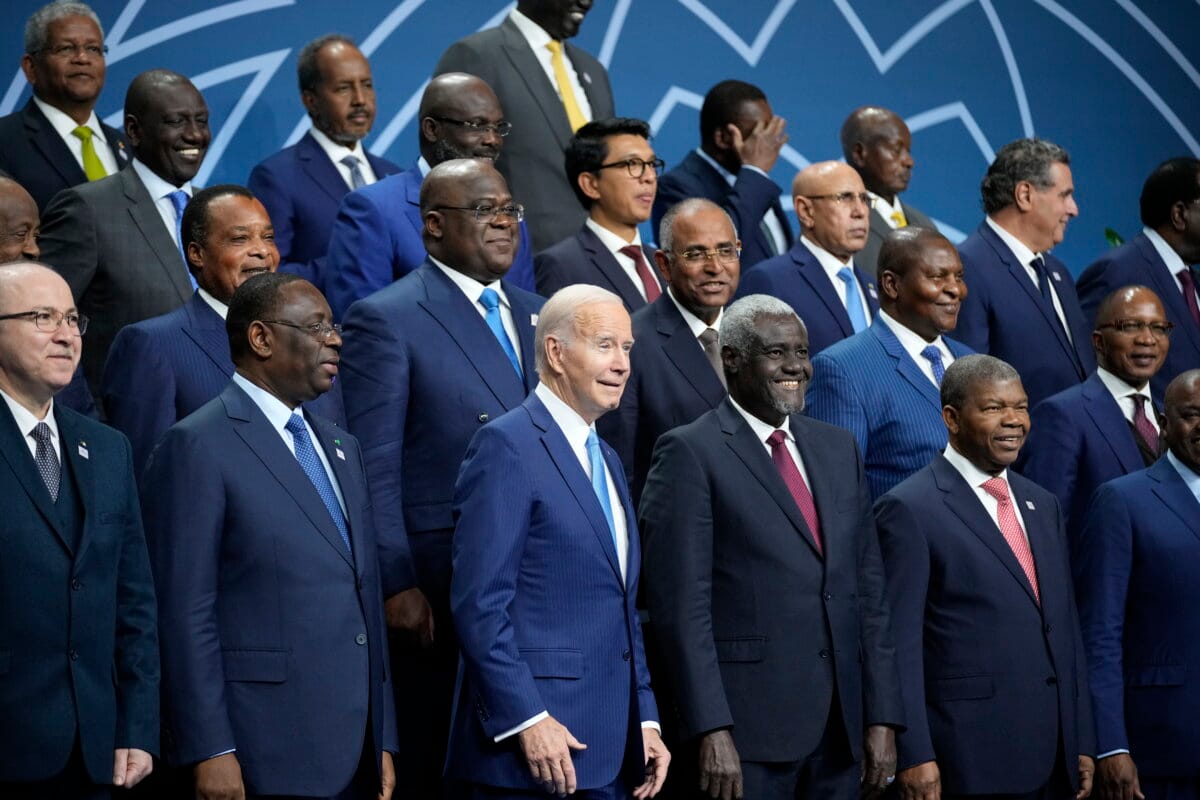In a notable development within the realm of capital punishment, a death row inmate in Arizona has formally requested, for the second time, to have his execution scheduled sooner than the state intends. This case has drawn attention not only because of its implications for the individual involved but also for the broader discussions it prompts regarding the death penalty, the legal system, and the rights of inmates.
The inmate, who has not been publicly named in all media reports, has argued that the delay in the execution process is causing him undue psychological distress. His legal team contends that the prolonged uncertainty surrounding the execution date is a form of cruel and unusual punishment, which contradicts the principles of humane treatment outlined in both state and federal law.
Arizona has faced scrutiny over its handling of executions in recent years, particularly following several high-profile cases where lethal injections did not proceed as planned. These incidents have led to public outcry and have raised questions about the methods used in capital punishment. The state has been criticized for its lack of transparency and the perceived inconsistency in its execution protocols. As a result, the inmate’s request for a swifter execution may reflect a broader sentiment among death row inmates who are grappling with the psychological toll of prolonged incarceration under a death sentence.
The legal framework surrounding death penalty cases is complex, often involving numerous appeals and legal challenges that can extend for years or even decades. In this context, the inmate’s request highlights the tension between the rights of the accused and the procedural safeguards that are designed to ensure fair legal processes. His attorneys argue that the state’s timeline for executions can lead to a situation where inmates are left in a state of limbo, exacerbating mental health issues and raising ethical concerns about the treatment of individuals awaiting execution.
As part of the legal process, the inmate’s request will be evaluated by the courts, which will consider various factors including the state’s execution protocols, the inmate’s mental health, and the broader implications for other inmates on death row. The decision could set a precedent for how similar cases are handled in the future, particularly in states like Arizona where the death penalty remains a contentious issue.
The state’s response to the inmate’s request will also be closely watched by advocacy groups, both for and against the death penalty. Opponents of capital punishment argue that the system is fraught with flaws, including the risk of executing innocent individuals and the disproportionate impact on marginalized communities. On the other hand, proponents assert that the death penalty serves as a necessary deterrent to violent crime and provides justice for victims and their families.
In recent years, there has been a noticeable shift in public opinion regarding the death penalty. Some states have moved to abolish it altogether, while others have enacted moratoriums on executions pending reviews of their processes. Arizona, however, continues to uphold capital punishment, and the current situation with the death row inmate underscores the ongoing debates about its future.
The legal proceedings surrounding this case will undoubtedly unfold over the coming weeks and months, with the potential to influence not only the fate of the inmate involved but also the broader landscape of capital punishment in Arizona and beyond. As the legal system navigates these complex issues, the implications for justice, ethics, and human rights remain at the forefront of public discourse.
In conclusion, the request by the Arizona death row inmate for an expedited execution raises significant questions about the intersection of law, ethics, and the treatment of individuals facing the death penalty. As the case progresses, it will be essential to monitor the legal arguments presented and the responses from both the state and advocacy groups. This situation serves as a reminder of the ongoing complexities and challenges associated with capital punishment in the United States.



